On Sept. 11, 2001, one of us (Darrell) was teaching a political science course at Brown University, while the other (Nicol) was four days away from her wedding in Westchester County. The morning of those infamous terrorist attacks, Darrell had finished his lecture and while walking across campus encountered a fellow professor who said it was terrible what happened to those planes. “What planes?” Darrell asked, unaware of the attacks in New York City and Washington, D.C. This was the time before ubiquitous cell phones and social media platforms, where news traveled quickly inside classrooms and around the globe.
Nicol was getting ready for her wedding and had woken up after a long night preparing table tent cards for invited guests. When she was told to turn on the television at her parents’ home, she witnessed one of the two planes hit the second of the former Twin Towers, which was located just 30 minutes away from her location. The phone calls from both worried and frenetic guests would be the beginning of her 9/11 experience as members of her bridal party were unable to fly, and the groom would drive more than 10 hours to ensure his attendance at the wedding. The ceremony ultimately took place with a far smaller crowd than the anticipated 500 guests that had confirmed, which would be mostly comprised of Nicol’s relatives who were also from the New York area. For a while, it was not clear whether the officiating minister and even the groom—who would wait for hours to cross the George Washington Bridge—would make the event.
At the time, there were no smartphones to initiate a video call with loved ones. The active cell phone service was down after the Twin Towers were hit in New York City, which made it difficult to hear from family and friends who may have been in the vicinity of the plane crashes. Similar occurrences happened in the series of related terrorist events in Virginia and Pennsylvania. Neither of us also knew how dramatically technology and the world would change following the terrorist attacks. Substantial alterations in news transmission, technology innovation, telecommunications networks, disaster preparedness, personal privacy, digital inequity, and security levels arose after the tragic events of this day. From a virtual standpoint, so many things have shifted over the last two decades that it is hard to imagine the world as it existed in 2001.
INSTANT NEWS AND MISINFORMATION
Today, it is impossible to conceive a situation where something big happens and people don’t know instantly what has occurred. News spread quickly through digital websites, social media platforms, mobile calls, and instant messages. Tweets fly around the world and people know about important events almost as soon as they take place. Back then, social media platforms were not widely adopted, and who even knew what a tweet was during a time when most people were still reliant on their home telephone services.
The upside of the rapidity of news transmission is that people are aware of new developments far more quickly and in cases of such terrorist attacks are in a position to protect themselves. We can see events unfold and react in whatever manner makes sense for individuals and organizations. Back then, we both watched the 9/11 events on television, but broadcast did not particularly enable us to quickly share what was happening from our corners of the world with others. Instead, we had to wait until the reporter shared more as the events transpired over the course of the day.
While having the ability to rapidly transmit our versions of the story seemed constructive at the time, the current realities of misinformation and disinformation reveal the downside of instant news, especially the pressure to react immediately to unfolding events that can lead to overreactions, false interpretations, or premature conclusions. Nicol recalls trying to assess whether she should immediately cancel the wedding after witnessing the devastation, but she didn’t after hearing the voices of loved ones who desired to come just to be closer to other family members in the midst of this dramatic event. In a contemporary world of fast news transmission and speedy reactions, technology’s enablement of skewed truths can lead to misinterpretations, quick judgments, and outright falsehoods about what happens. Both events and people become easy to manipulate when information is quickly forming and incomplete.

